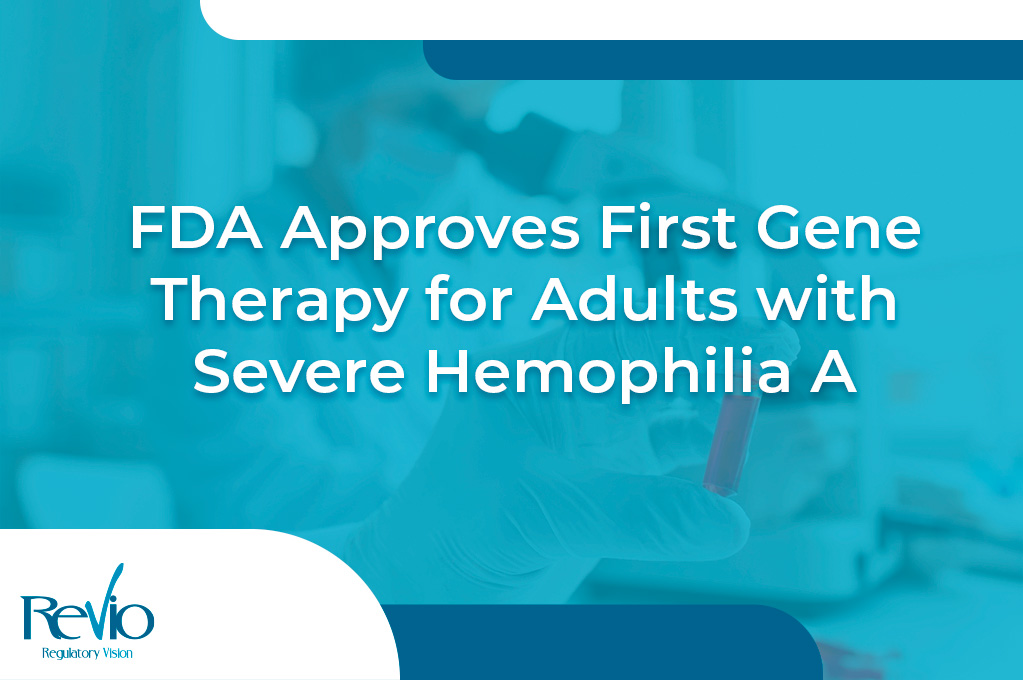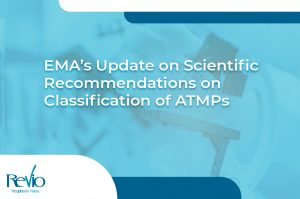Recently, the FDA has given its approval to Roctavian from BioMarin Pharmaceutical Inc. It is an adeno-associated virus vector-based gene therapy intended to treat adults who have severe Hemophilia A and do not have any pre-existing antibodies against adeno-associated virus serotype 5, detected by an FDA-approved test.
“Today’s approval represents an important advance in providing treatment options for patients with this bleeding disorder, and treatment with gene therapy may reduce the need for ongoing routine therapy.” said Peter Marks, M.D., Ph.D., director of the FDA’s Center for Biologics Evaluation and Research.
Hemophilia A
Hemophilia A is a rare genetic bleeding disorder that occurs due to a mutation on the gene which produces factor VIII (FVIII), a protein that enables blood to clot. This deficiency in FVIII causes affected individuals to have uncontrolled bleeding and bleed longer than people who do not have the condition.
Severe Hemophilia A is characterized by especially low levels of FVIII (less than 1% in the blood) and represents about 60% of all cases. Severe Hemophilia A may result in bleeding into vital body organs such as the kidneys and brain, which can be life-threatening if left untreated.
Current treatments for Hemophilia A usually involve use of FVIII replacement therapy or an antibody-based medication to improve the ability of blood to clot and reduce the likelihood of bleeding.
Roctavian
Roctavian is a one-time gene therapy product administered as a single dose by intravenous infusion. It consists of a viral vector carrying a gene for clotting Factor VIII. The gene is expressed in the liver to increase blood levels of FVIII and reduce the risk of uncontrolled bleeding.
Safety and Effectiveness of Roctavain
The effectiveness and safety of Roctavain through a multinational study that was conducted on adult men aged 18 to 70 with severe Hemophilia A, who had previously undergone Factor VIII replacement therapy. This evaluation of effectiveness was based on the outcomes observed in a group of 112 patients who were followed up for a minimum of 3 years after receiving Roctavian treatment.
After the infusion, the average annualized bleeding rate reduced from 5.4 bleeds per year before treatment to 2.6 bleeds per year. Most patients who received Roctavian also received corticosteroids to suppress the immune system, which was necessary for the gene therapy to be both effective and safe.
Adverse reactions after administering Roctavain
The commonly reported adverse effects linked to Roctavian included mild alterations in liver function, headaches, nausea, vomiting, fatigue, abdominal pain, and infusion-related reactions. It is recommended to closely monitor for infusion-related reactions and elevation of liver enzymes when administering Roctavian.
In certain cases, treatment with Roctavian led to higher levels of FVIII activity than the normal range, which may increase the risk of thromboembolic events (blood clots that can cause harm by blocking blood flow). Additionally, there is also a theoretical risk, albeit low, of developing hepatocellular carcinoma (liver cancer) or other types of cancers associated with the introduction of Roctavian’s DNA sequence. No instances of thromboembolic events or cancers related to Roctavian were observed in clinical studies.
This therapy was also approved by the EMA in 2022 for the European Union.
The official FDA press release contains more information if you want to know more or to consult the complete updated information related to the Approval of the First Gene Therapy for Adults with Severe Hemophilia A, you can check it here!
We also have a dedicated webpage to bring you the latest updates, guidance and developments. You can also follow us on LinkedIn.
We hope you find this information useful and of interest. In case you are interested in discussing any of these updates with the team at REVIO, please get in touch here.




